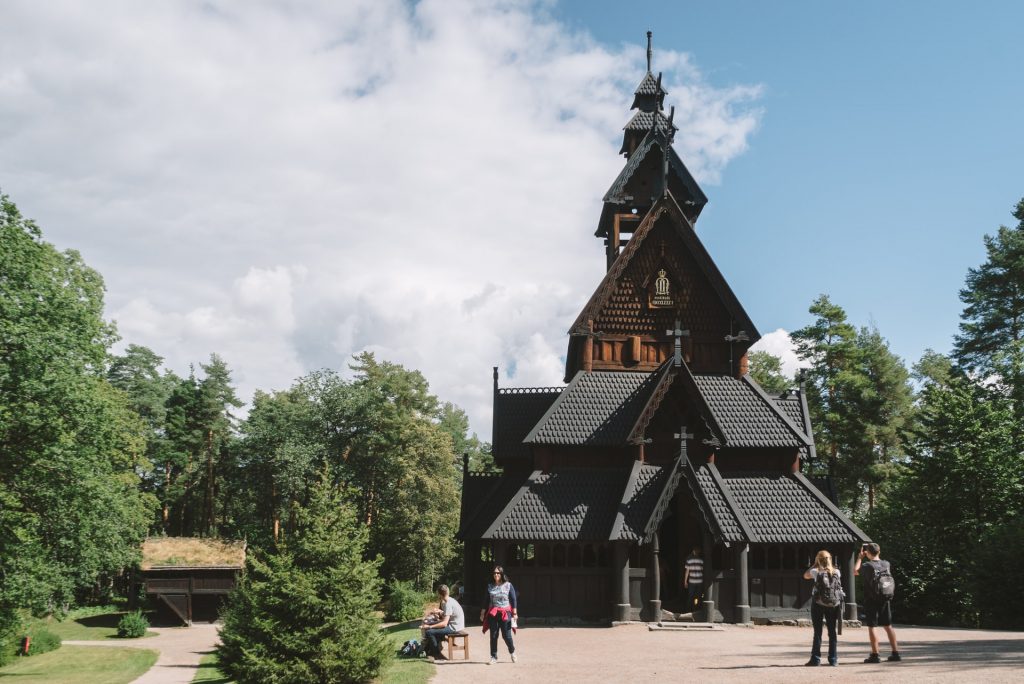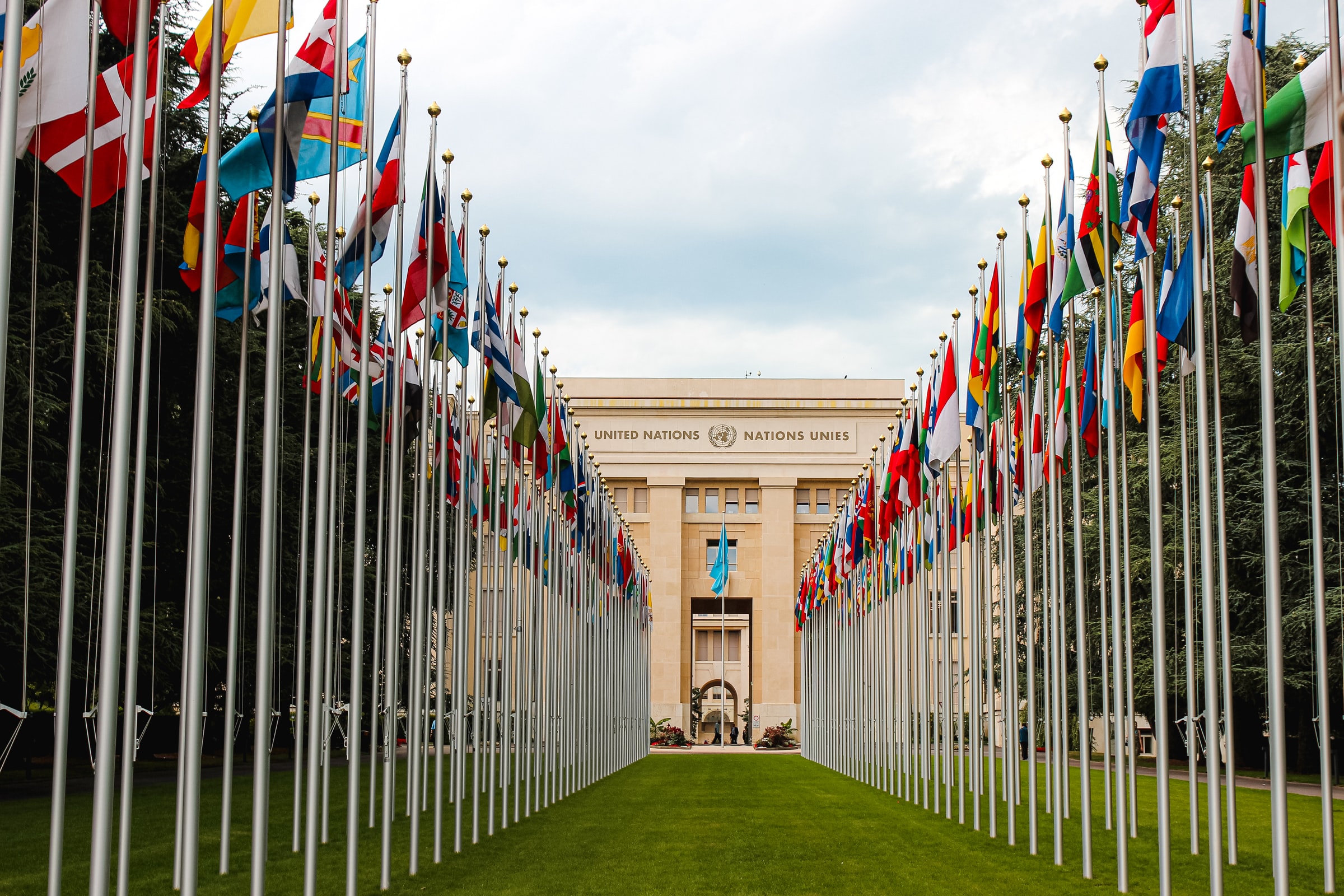Known around the world for their advocacy on human rights, Norway is a staunch advocate for freedom of religion or belief (FoRB) and the protection of religious minorities around the world. In our latest post, Knox Thames discusses the FoRB legacy of Norway, how it has led Europe on the issue, and what the Scandinavian country can do to grow its global leadership regarding religion and belief.

Norway is a global leader in promoting human rights worldwide. What’s less recognized, however, is Norway’s leading role in promoting freedom of religion or belief (FoRB) and protecting religious minorities. As a former diplomat who has worked closely with Norway, I hope the new government will continue this tradition.
In 2013, Espen Barth-Eide, then serving as Minister of Foreign Affairs, issued with Heikki Eidsvoll Holmås, in his role as Minister of International Development, guidelines for Norwegian diplomats on the importance of promoting religious freedom. It was a bold move. While the United States had established a special emphasis on protecting FoRB since 1998, Norway became one of the first European countries to establish a specific focus with this document. Consequently, Norway became a vital partner with the United States in defending minorities and freedom of conscience worldwide.
The guidelines correctly observed that “The right to choose and practice a religion or a belief is an important part of an individual’s life and a fundamental human right.” It was based on Norway’s commitment to Article 18 of the Universal Declaration of Human Rights, which states, “Everyone has the right to freedom of thought, conscience and religion; this right includes freedom to change his religion or belief, and freedom, either alone or in community with others and in public or private, to manifest his religion or belief in teaching, practice, worship and observance.” The right is essential to billions of people, as studies from the Pew Research Center have found that 80% of the world believes in God or a higher power. At the same time, religious freedom is a right in peril, as Pew also found that almost two-thirds of humanity live in countries with restrictions on the practice of faith.
Noting the centrality of human rights work to Norway’s foreign policy, the guidelines declared Norway would “ensure that religious minorities are not discriminated against on the grounds of their beliefs” and “that religious minorities’ rights are safeguarded in legislation and practice.”
During my diplomatic service for the United States, I worked closely with several Norwegian governments to advance religious freedom together. It reflected our shared values and our shared belief that countries respecting freedom of thought, conscience, religion, or belief will be more progressive, better partners, and less likely to commit human rights abuse or create environments for violent religious extremism. Having worked with all of Norway’s various FoRB ambassadors over the years, they brought experience, resources, and commitment to the effort.
Our combined efforts made unprecedented progress. For example, Norwegian and U.S. cooperation helped launch the International Panel of Parliamentarians for FoRB in Oslo in 2014, which networked parliamentarians committed to religious freedom coming from different political, geographic, and religious backgrounds. Norwegian MP Abid Raja played a critical leadership role. Elsewhere, the U.S. and Norway have spoken up together in UN settings on behalf of persecuted Uighurs, Rohingyas, and others. Norwegian civil society organizations like the Norwegian Helsinki Committee, the Stefanus Alliance, and the Oslo Coalition on Freedom of Religion or Belief have been extremely capable partners.
With religious persecution continuing every day, I hope Prime Minister Jonas Gahr Støre and Foreign Minister Anniken Huitfeldt will continue Norway’s leadership on FoRB. Now is not the time to walk away or demote the issue. Unfortunately, severe instances of persecution confront every faith community somewhere in the world. China persecutes Christians while trying to exterminate Uighur Muslims and crush Tibetan Buddhism. Burma’s army commits a coup while attempting genocide against Rohingya Muslims and attacking ethnic minority Christians. Atheists, Christian converts, and members of the LGBTQI community face repression from the same laws and policies across the Middle East. The list sadly goes on.
To meet this challenge, Norway has an important role to play. While small, Norway was one of the first in Europe to recognize the unique importance of FoRB in promoting peace and stability and defending vulnerable minorities. Consequently, Norway demonstrated leadership by creating a specific commitment to answer this particular challenge. Other European nations followed, such as the United Kingdom, the Netherlands, and Denmark. Norway joining the International Freedom of Religion or Belief Alliance in 2021 furthered this commitment.
Early indications are the new government will hold course. Foreign Minister Anniken Huitfeldt during the IRFBA annual meeting in November highlighted the “unacceptable” discrimination and repression religious minorities face, noting it was a “violation of recognized human rights.” Recognizing the multifaceted and interrelated nature of FoRB with other issues, she said, “Gender equality and freedom of religion or belief are related and should be treated as such.”
In addition, Norway maintaining the FoRB ambassador position, robust funding support, and specific diplomatic activity to advance religious freedom will help meet one of the biggest challenges facing the international community today. And by doing so, Norway will be a better partner with the United States, the United Kingdom, the Netherlands, as well as with other FoRB-friendly multinational organizations like the European Union, the OSCE, the United Nations.
And other future opportunities for leadership exist, such as Oslo hosting the 2023 intergovernmental ministerial on advancing religious freedom after the London meeting this summer.
The challenge is immense, with new hurdles appearing every day for individuals around the world simply wanting to live out their beliefs in peace and safety. There are no quick fixes and the future is uncertain, but as the old Norwegian saying goes, “the road is created as you walk.” I hope the new government keeps and expands this special commitment.
Note: This piece gives the views of the author, and not the position of the LSE Religion and Global Society blog, nor of the London School of Economics.





